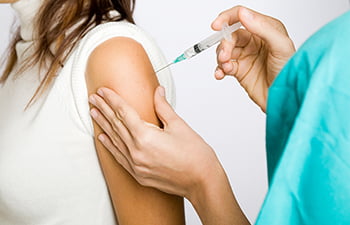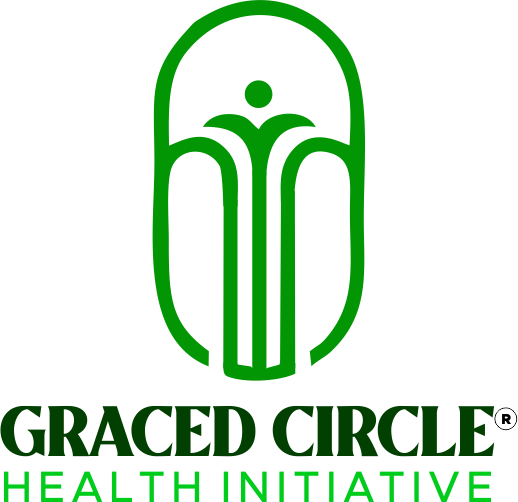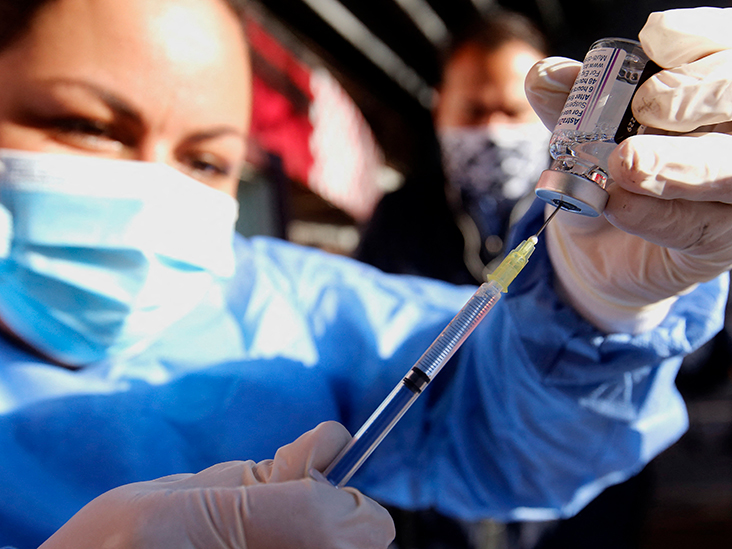Prevention had been long aged cherished than cure.
A cure can never be 100% efficient in as much as that ailment always forget a sign with the body, be it scars, phantom pain or permanent damage. Aside from that, Cure is sometimes painful, reticent and costlier than prevention.
However, some diseases exist that can’t be cured yet. Hence Vaccination. With continued immunization programmes, such diseases may no longer be a threat.
Immunization is one of the biggest health successes of the last century.
A vaccine is a biological preparation that provides active acquired immunity to a particular infectious disease. A vaccine typically contains an agent that resembles a disease-causing microorganism and is often made from weakened or killed forms of the microbe, its toxins, or one of its surface proteins.
The agent stimulates the body’s immune system to recognize the agent as a threat, destroy it, and to further recognize and destroy any of the microorganisms associated with that agent that it may encounter in the future. Vaccines can be prophylactic (to prevent or ameliorate the effects of a future infection by a natural or “wild” pathogen), or therapeutic (to fight a disease that has already occurred, such as cancer). Some vaccines offer full sterilizing immunity, in which infection is prevented completely.
The administration of vaccines is called vaccination. Vaccination is the most effective method of preventing infectious diseases; widespread immunity due to vaccination is largely responsible for the worldwide eradication of smallpox and the restriction of diseases such as polio, measles, and tetanus from much of the world.
Why Should Someone Get Immunized?
Immunization helps in the prevention of disease. It is more easily and more cost-effective than treating it.
The benefits of immunization can be viewed as two sides of a coin
1. Benefits to you
2. Benefits to others
BENEFITS TO YOU
1. Immunizations protect us from serious diseases.
2. It protects develop children from infections and risks they’re exposed to that could result in illness.
BENEFITS TO OTHERS.
I. It prevents the spread of disease to a family member, close associates and the community.
2. It helps to eradicate infectious diseases such as measles, mumps, and whooping cough, polio, smallpox
3. Vaccines indirectly protect others who are vulnerable to disease. These include babies, children, the elderly, people with weak immune systems, cancer patients, and people who cannot be vaccinated for medical reasons.
4. Immunization programmes help reduce the social, psychological and financial burdens of disease on people and governments, reducing pressures on healthcare and social care systems and enabling people to pursue productive activities including education and employment.
The development of effective vaccines has led to a huge decrease in childhood deaths.The World Health Organization (WHO) states: ‘The 2 public health interventions that have had the greatest impact on the world’s health are clean water and vaccines.’
Some vaccines need to be given only once; others require updates or “boosters” to maintain successful immunization and continued protection against disease.
Despite successful immunization programmes, the diseases that vaccines protect against do still exist. The benefit of immunization is that you have the best possible protection against dangerous diseases. This can give you peace of mind.
Babajide -Johnson

